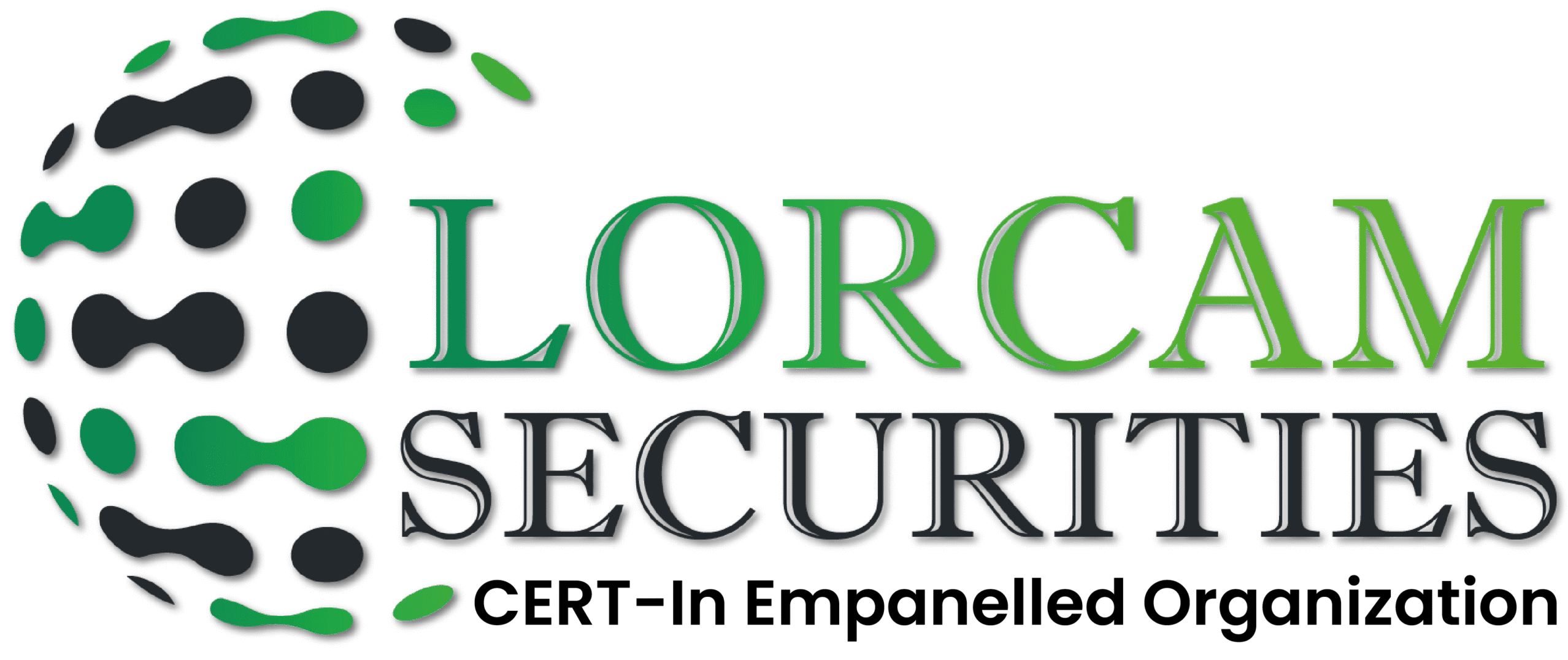SOC 2 Compliance
SOC 2 Compliance
Businesses around the world have become quite sensitive in terms of protecting their customer data from all kinds of breaches. If you are thinking of achieving the same then it is important to attain SOC 2 compliance. We at Lorcam Securities are here to help you with the same so that you can be committed in terms of providing complete security and privacy to the customer data. Doing this will help your business set standards and gain trust and credibility in the market. Not only this, it will help you keep the customer data free from all kinds of risks and cyber attacks that lead to privacy violations. So, connect now and get all the assistance you need.

Highlights of SOC 2 Compliance Services by Lorcam Securities
- Expert-led SOC 2 compliance audits and assessments.
- Comprehensive evaluation of security and privacy controls.
- Tailored solutions for cloud-based service providers and industries.
- Detailed guidance on meeting SOC 2 Trust Services Criteria.
- Hands-on support for implementing security and privacy controls.
- Ongoing monitoring and reporting to ensure compliance.
- Proven track record in achieving SOC 2 certifications.
- Cutting-edge technology for efficient compliance processes.
- Dedicated team of experienced cybersecurity professionals.
SOC 2 Compliance: Description
The need for customer data security is getting higher with every passing day and that too in all business sectors. As the number of cyber attacks and breaches is getting higher, businesses need to ensure that they have all the required measurements taken to keep their customers’ data safe and secure. This is where we can help you with SOC 2 compliance that ensures that your business is completely secure from all types of risks that lead to compromise of customer data.
SOC 2 Compliance has been designed for the businesses who are more into SaaS, IaaS and PaaS. It has been seen that most of such businesses are facing difficulty in dealing with data protection. But, with being SOC 2 compliance, it allows them to have all the privacy controls that can help them keep their data completely safe from all kinds of cyber trouble.
So, all you need to do is to connect with our team and let us help you handle your sensitive customer data whatever be the industry of service. Being SOC 2 compliance can help your business highlight the commitment to security and privacy that leads to growth.
- Show dedication to data security and privacy to help customers and partners build trust.
- Effectively safeguard sensitive consumer information against theft, breaches, and misuse.
- Showcasing conformity with internationally acknowledged security criteria can help you to be competitive.
- Proactively find weaknesses and put controls in place to reduce hazards.
- Independent verification of your security measures will help to build client confidence.
- Effortlessly satisfy industry standards including HIPAA, PCI DSS, and other legal obligations.
- Enhance organizational reputation as a responsible and trustworthy service provider.
- Strengthen your internal security posture with expert guidance and tailored solutions.
Why Lorcam Securities
We at Lorcam Securities have been in this field of service for long and have assisted many of their specific needs of achieving SOC 2 compliance. We can assist you achieve the same with ease and confidence.
With us, you get highly skilled experts at service to help your business be aligned with all the standards that keep their data safe and secure. We always follow a comprehensive approach that includes expert-led audits, implementation of robust security controls, ongoing monitoring, and detailed reporting.
So, we will ensure that your sensitive data remains protected at all times and make it easy for your clients to serve without any kind of difficulty.

Compliance Standards: Objectives
- Ensure encryption of data at rest and in transit securely.
- Understand and implement the five SOC 2 Trust Services Criteria effectively.
- Encourage Departmental Compliance Culture.
- Develop robust access controls to protect sensitive customer data comprehensively.
- Evaluate third-party vendor security practices to ensure compliance.
- Conduct regular monitoring and reporting to detect.
FAQ
SOC-as-a-Service: Enhancing Security with Cloud-based Threat Detection and Response. Improve your current security teams with best-in-class SOC solutions and features.
When it comes to SOC 2 certification, it shows a company’s dedication to safeguarding its customers’ sensitive data.
All you need to do is to connect with us as we help you in being SOC 2 compliance that is essential to show the dedication to security and privacy.


